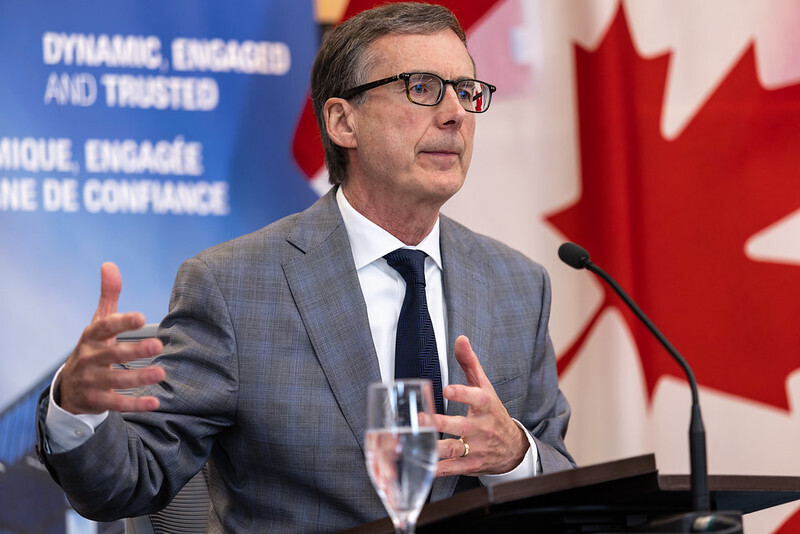The latest supply shortage to hit Canada: newborns. The country’s fertility rate fell to its lowest level on record in 2022, with a paltry 1.33 children born per woman that year.
Driving the news: Fertility rates have been dropping since 2009, but briefly spiked in 2020 and 2021 when everyone was stuck inside with nothing better to do than hunker down and… you know 😏. When the world re-opened in 2022, it led to the steepest year-over-over drop since 1972 (which was spurred by the decriminalization of contraception and abortion).
%20(5).gif)


%20(8).png)

.jpg)
.png)

.png)
.png)